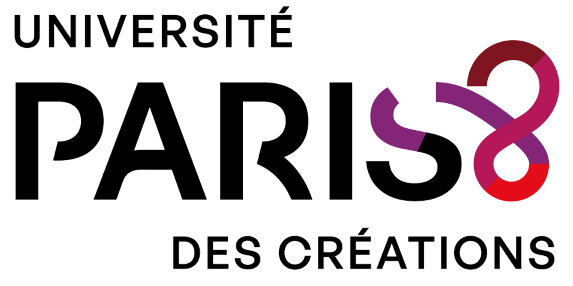Digital Humanities, Complexity Sciences and the Modeling of Ancient Greek Culture
Résumé
While the quantitative modeling of history has relied on stylized facts and game theoretical models, we argue that relying on complexity sciences, one can directly exploit the primary sources made available in digitized form. We focus on ancient Greece and, concentrating on the generating mechanisms for various large-scale textual sources, in a complexity sciences perspective, we consider how distinct constraints and objectives lead to measurable differences between judicial speeches, poetry, and epigraphic texts, for example. We also show how people's names and naming strategies exhibit patterns consistent with a high degree of conformity. Finally, we show that the condensed religious formulae the Greeks used to address their gods share the features of a language.
| Origine | Fichiers produits par l'(les) auteur(s) |
|---|
